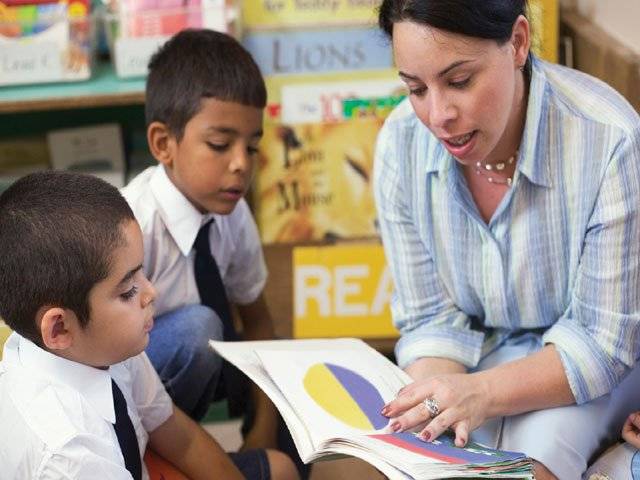NEW YORK (Reuters) - Children of divorced parents often fall behind their classmates in math and social skills and are more likely to suffer anxiety, stress and low self-esteem, according to a new study. Researcher Hyun Sik Kim, of the University of Wisconsin-Madison, said the study showed that the detrimental effects on the children do not start until after the parents begin divorce proceedings. People tend to think that couples go through intense marital conflict before the divorce, Kim, a PhD candidate in sociology, he said in a statement. My original prediction was that children of divorce would experience negative impacts even before formal divorce processes began. But my study finds that this is not the case. The findings, published in the American Sociological Review, are based on data that tracked the development of 3,585 students from kindergarten through fifth grade to examine the impact before, during and after the divorce. Kim compared the progress of children whose parents were going through a divorce with youngsters from stable families. He found that developmental problems continued after the divorce. This study reveals that these negative impacts do not worsen in the post-divorce stage, although there is no sign that children of divorce catch up with their counterparts, either, Kim explained. He added that math studies were particularly sensitive to impact of divorce. Reading is not that cumulative. But with math, you must understand previous things to develop. For example, if I do not understand that one plus one is two, then I cannot understand multiplication. He attributed the developmental setbacks of the children to several factors, including the stress of living with bickering and potentially depressed parents, unstable living arrangements and being forced to divide time between parents and economic hardship from a drop in family income. Children may also experience some disturbing signs, he said. Divorcing parents maybe cannot focus on caring about children. They may be prone to argue with children and I think that may influence childrens development.
Friday, April 19, 2024
Children of divorced score worse in math, social skills

President calls for meaningful dialogue to end polarisation
April 19, 2024
KP minister briefed on issues about sales tax on services
April 19, 2024
64th anniversary of freedom fighter Mirzali Khan marked
April 19, 2024
893,000 students appear in SSC exams in KP
April 19, 2024
Hepatitis Challenge
April 18, 2024
IMF Predictions
April 18, 2024
Wheat War
April 18, 2024
Rail Revival
April 17, 2024
Addressing Climate Change
April 17, 2024
Justice denied
April 18, 2024
AI dilemmas unveiled
April 18, 2024
Tax tangle
April 18, 2024
Workforce inequality
April 17, 2024
New partnerships
April 17, 2024
ePaper - Nawaiwaqt
Advertisement
Nawaiwaqt Group | Copyright © 2024





